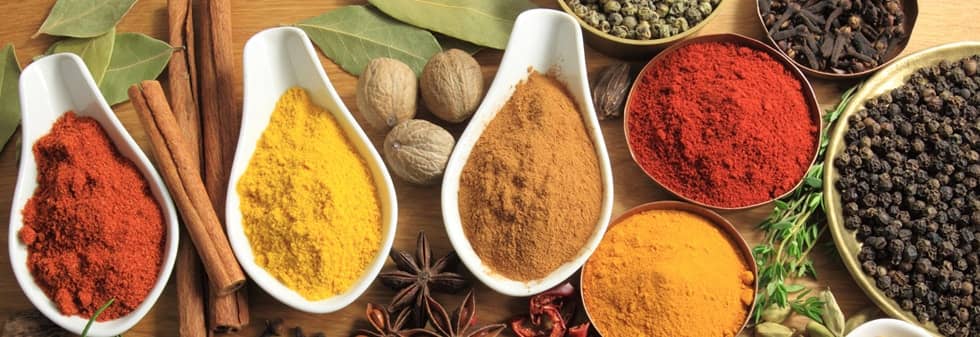Ayurveda is the medicinal science which includes use of herbs as well as heavy metals such as gold, silver, copper, mercury, sulphur, tin, animal extracts, etc. The word Ayurveda is derived from the Sanskrit word which means ‘life-knowledge’. Ayurveda is one of the most ancient and comprehensive systems of health care which is known to humanity. It is truly a science of life which tells us how to improve the quality and quantity of the human life.

There is also a special branch of treatment called Rasayana, or rejuvenation, which promotes longevity. When we use the word longevity it generally means extending life, growing old gracefully, and staying healthy. When we use the word longevity in Ayurveda, we mean something quite different that life extension is considered a side benefit of a very comprehensive approach to enjoying life.
The Ayurvedic way of life ensures the full human potential rather than just simply adding a few good years. Likewise natural & ayurvedic herbs are revered in Ayurveda as well as in many indigenous cultures as they have tremendous healing capacity, providing phytonutrients, antioxidants, vitamins, and minerals. They are so intelligent that they know exactly where to go and how to work on the mind-body system.
Herbs have been used for hundreds of years in healing process. Scientists are finally starting to substantiate these plant’s abilities to alleviate arthritis pain, reducing high blood sugar and cholesterol, and helping with many other conditions. They are even discovering amazing new methods in the best healing herbs, such as the ability to kill cancer cells and help the users to curb their alcohol intake. These herbs are very effective as traditional treatments, often without the same negative side effects. They pose a variety of uses including culinary, medicinal, and in some cases spiritual usage too. In medicinal or spiritual use, any part of the plant can be considered “herbs”. These may include leaves, roots, flowers, seeds, resin, root bark, inner bark (cambium) and berries. Sometimes it could be the pericarp or the other portions of the plant.
Ayurveda teaches an individual that if life is lived in accordance with the prakriti, the individual body-mind constitution, then a natural youthfulness is maintained throughout the life. Rejuvenation is as essential as staying healthy for the vitality, creativity, happiness, and inner growth. So longevity in Ayurveda also meant that there are some considering techniques which will restore the memory of consciousness into the every cell of the body, which requires purification and rejuvenation. The resulting experiences seem to be much like an atom, a hurricane, or a solar system, which is silent on the inside but incredibly powerful on the outside as well.
There are many herbs or shrubs that help rejuvenate the body, mind and soul. One of them is berberis aristata which is one of the major plants used in Ayurveda for several remedies. They can be used as a tonic, an alternative, demulcent, diaphoretic and diuretic, or in the treatment of diarrhea, jaundice, skin diseases, syphilis, chronic rheumatism and urinary disorders. Another such unusual fruit that helps in the process of Ayurveda is quince fruit. This fruit is very uncommon and provides a wide range of pharmacological activities like antioxidant, antibacterial, antifungal, anti-inflammatory, cardiovascular, and diarrheal as described in Ayurveda.